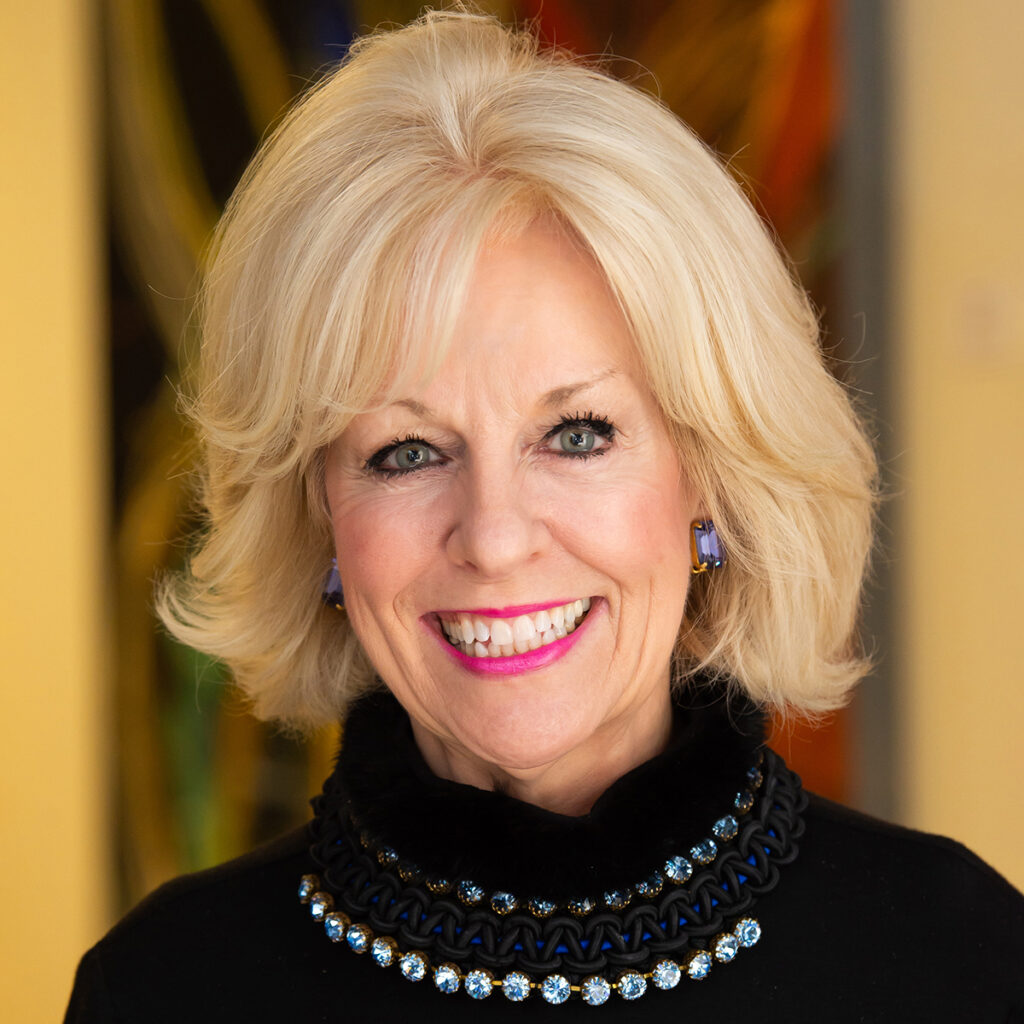Sparking Your Brain Health Revolution
By: Sandra Bond Chapman

I have good news – some bad news – and finally great news for you.
First the good news: Over the past 150 years, human longevity has doubled. A large percentage of contributing factors fall into the “healthy living” and “preventive care” categories. In short, we are taking care of our bodies better than ever.
Now the bad news: Too often, our bodies are outlasting our brains. This means our last decades are spent with diminishing cognitive capacity – sometimes disease related, but mostly for not being proactive about our brain’s health as we age.
Here is the best news of all: Age-related cognitive decline is NOT inevitable! During my three-plus decade career, I have helped pioneer a sea change in what we know about how our brains work and are continuously modifiable. This is the concept of neuroplasticity.
Thanks to new research techniques and non-invasive technologies, we can observe the living human brain in action. Today, we know that the brain has an extraordinary, lifelong ability to change, form new connections, and get stronger.
Initial results of a 10-year, BrainHealth project revealed promising and significant results:
• About 80% of participants experienced measurable improvement in their brain’s wellness and performance over a three-month period.
• The degree of improvement was based on effort – learning and adopting brain-healthy habits and reducing other habits that are toxic to brain health.
• One very surprising result was that all ages improved similarly, with participants ranging from 18 to 97 years old.
The urgent question of our time is, how do we activate this amazing power to keep our brains more fit?
A generation ago, we all learned how to care for our bodies to protect our hearts through exercise and nutrition: the heart health revolution.
Today, every last one of us needs to jump on the BRAIN health revolution!
Here are three suggestions for getting started:
• Invest in meaningful relationships — quality matters more than quantity — and explore new dimensions of human diversity. Strong social bonds contribute significantly to better brain health.
• Listen, be curious, and see if you can find common ground with someone who has different views. This practice makes you more empathetic and expands your possibility thinking — where you rethink, unlearn, and create new ideas.
• Explore and expand a skill or hobby that you are passionate about, while not over-extending your brain power across too many areas. Your brain thrives on continually learning.
Enrollment for The BrainHealth Project (thebrainhealthproject.org) remains open, and participation is free.
The brain health revolution has arrived. Take charge of your brain’s health and wellness.
Sandra Bond Chapman, Ph.D., is the founder and chief director of Center for BrainHealth, a cognitive neuroscience translational research center of The University of Texas at Dallas.








